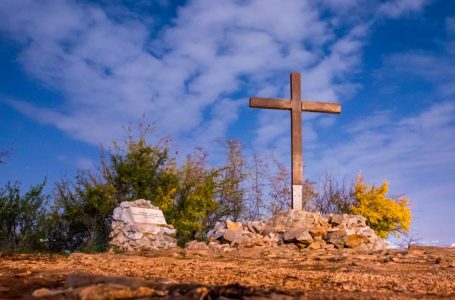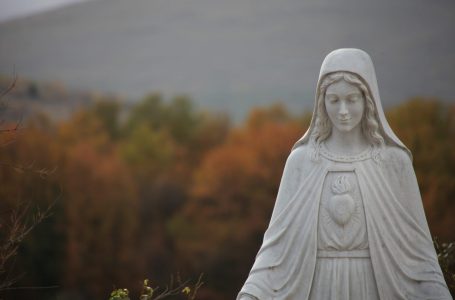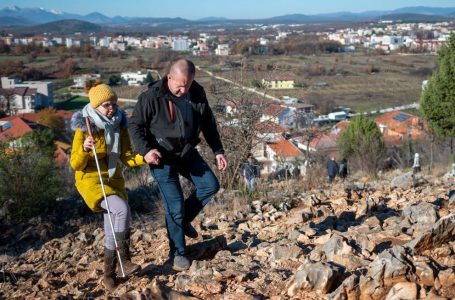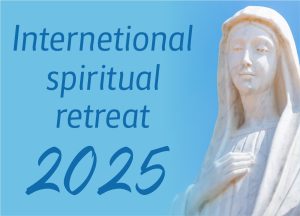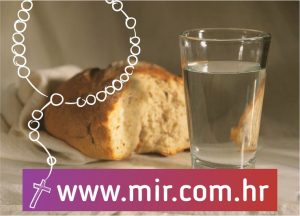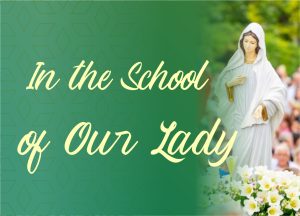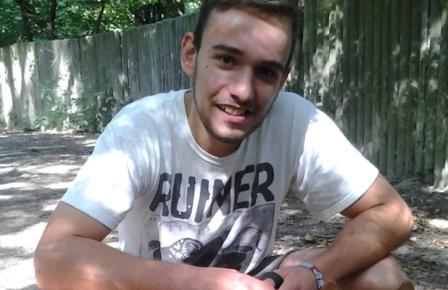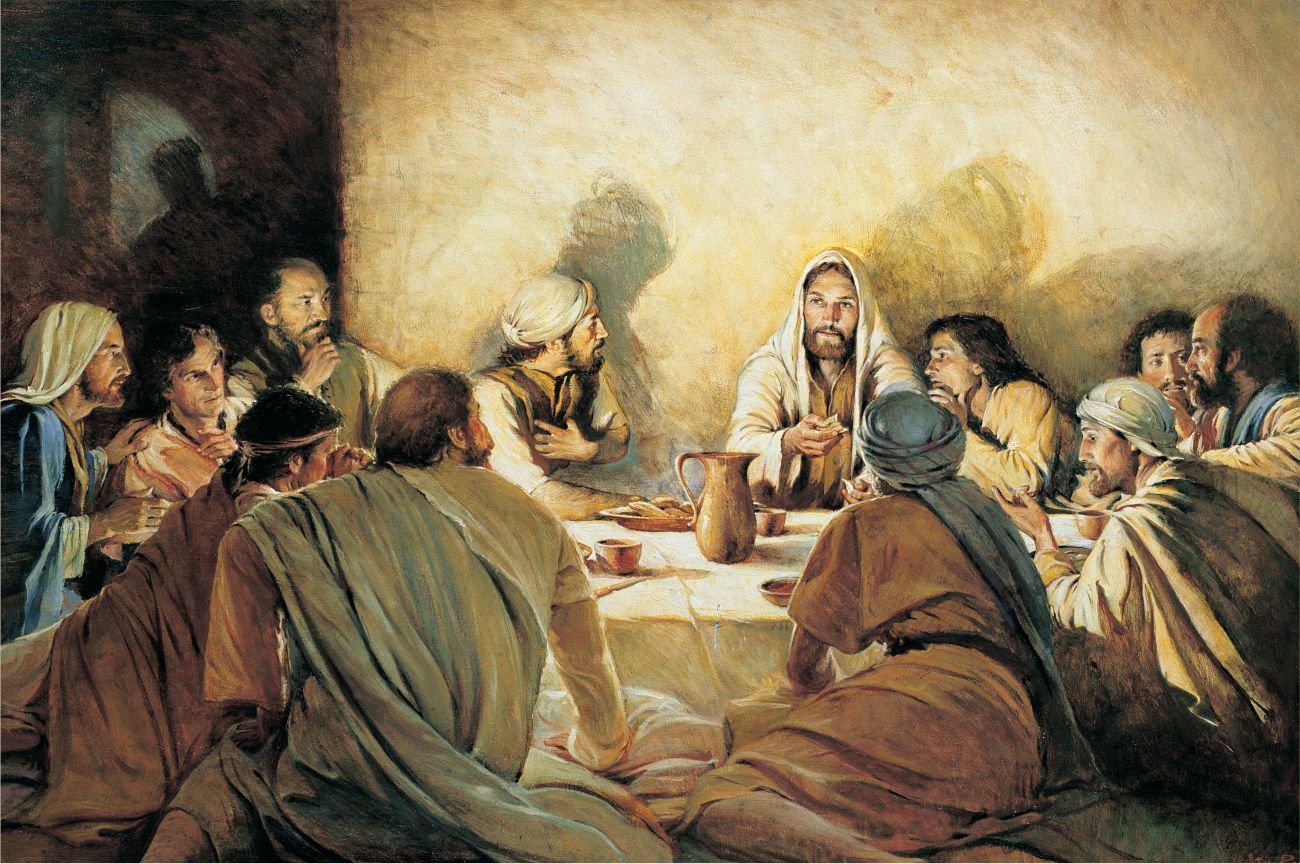
At the beginning of the New Testament stands the last prophet of the Old Testament – John the Baptist. His life and his words are the immediate preparation for the coming of Jesus. He lived in the desert, he prayed, fasted and announced the Kingdom of God. People from Jerusalem and the surroundings came to him, listened to him and were converted. He baptised them with water and announced the coming of the One who would baptise them in the Holy Spirit. One day, Jesus came to John and asked to be baptised.
Let us read a passage from the Gospel according to John:
The next day he saw Jesus coming toward him, and said, “Behold, the Lamb of God, who takes away the sin of the world! This is He of whom I said, ‘After me comes a man who ranks before me, for He was before me.’ I myself did not know Him; but for this I came baptizing with water, that He might be revealed to Israel.” (Jn 1:29-31)
In each Holy Mass before Holy Communion we repeat the words, “Behold, the Lamb of God”. This is an important moment. In the consecrated Bread, we recognise the Lamb about whom the Scripture spoke, whom John recognised and showed to the world. The lamb without blemish from the Exodus reminded John of the great deeds that God accomplished, and helped him to understand the role of the Lamb-Messiah who comes to redeem His people. He will remain with His people in a mysterious way in the Eucharist. That is why the lamb is the sign and the symbol of Jesus, one of the many dimensions of the mission of Jesus.
INVITED TO THE SUPPER
Holy Mass, the Eucharist, is a banquet where we eat the Body of Christ. God’s people, redeemed by Christ’s Body and Blood, are invited to the banquet where food or drink cannot be lacking, because it is the Supper of the Lamb. Before Holy Communion, the Church always says: “Blessed are those called to the Supper of the Lamb.”
Jesus, together with His Mother Mary, was invited to a banquet.
Let us read a passage from the Gospel according to John:
On the third day there was a marriage at Cana in Galilee, and the Mother of Jesus was there; Jesus also was invited to the marriage, with His disciples. When the wine failed, the Mother of Jesus said to Him, “They have no wine.” And Jesus said to her, “O woman, what have you to do with Me? My hour has not yet come.” His mother said to the servants, “Do whatever He tells you.”
Now six stone jars were standing there, for the Jewish rites of purification, each holding twenty or thirty gallons. Jesus said to them, “Fill the jars with water.” And they filled them up to the brim. He said to them, “Now draw some out, and take it to the steward of the feast.” So they took it. When the steward of the feast tasted the water now become wine, and did not know where it came from (though the servants who had drawn the water knew), the steward of the feast called the bridegroom and said to him, “Every man serves the good wine first; and when men have drunk freely, then the poor wine; but you have kept the good wine until now.” This, the first of His signs, Jesus did at Cana in Galilee, and manifested His glory; and His disciples believed in Him. (Jn 2:1-11)
During Holy Mass, we hear about new food and new drink. These expressions are deeply linked to the event of the marriage of Cana, and to other meals that are mentioned in the Gospels. Jesus often shared His meal with sinners. The word “sinners” means those who were rejected and despised by the society of those times.
Let us read a passage from the Gospel according to Mark:
And as He sat at table in His house, many tax collectors and sinners were sitting with Jesus and His disciples; for there were many who followed Him. And the scribes of the Pharisees, when they saw that He was eating with sinners and tax collectors, said to His disciples, “Why does He eat with tax collectors and sinners?” And when Jesus heard it, He said to them, “Those who are well have no need of a physician, but those who are sick; I came not to call the righteous, but sinners.” (Mk 2:15-17)
Jesus came not to call the righteous, but sinners. That is the deep meaning of Holy Mass.
(Barbarić, Slavko. 2018. Celebrate Mass with the heart.)


